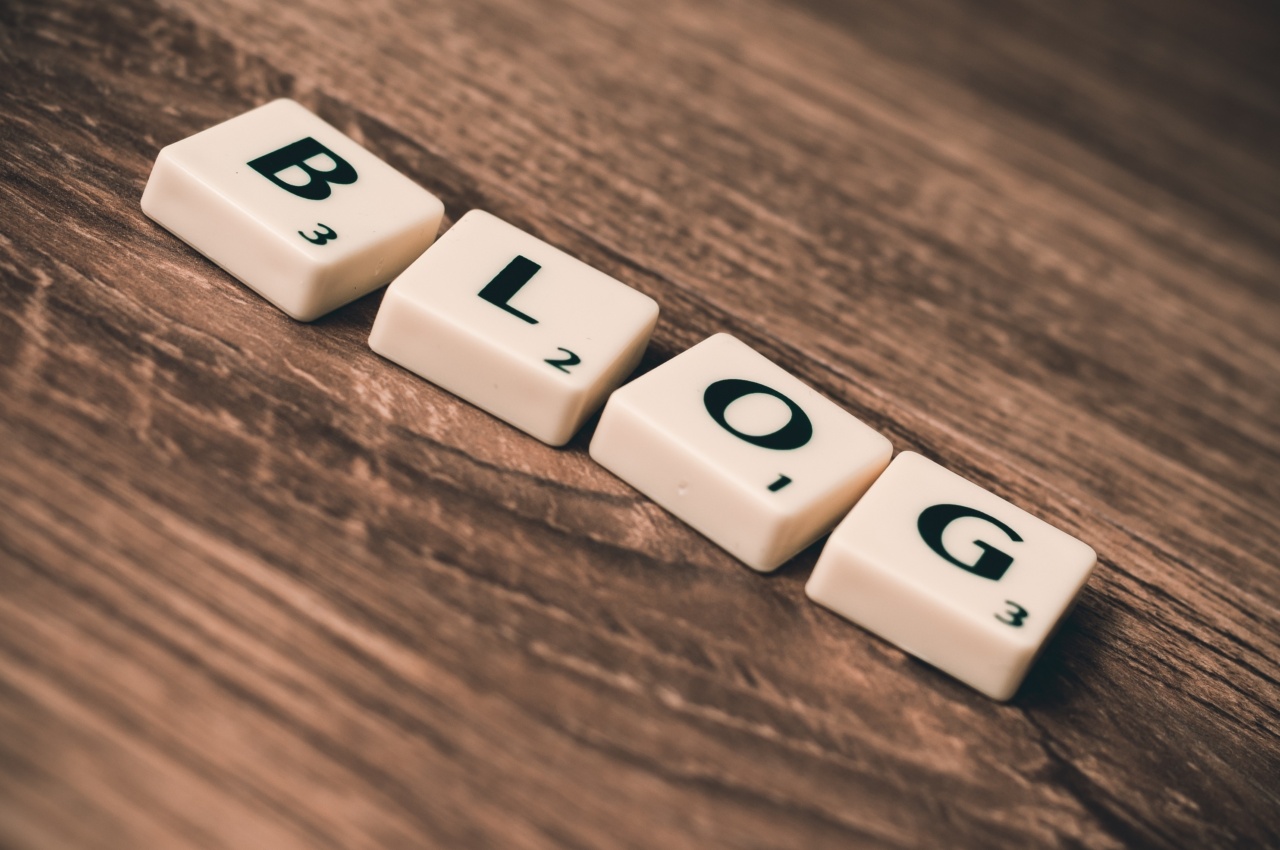In today’s digital age, social media has become an integral part of our daily lives.
We use platforms like Facebook, Instagram, Twitter, and Snapchat to connect with friends and family, share updates about our lives, and even seek validation from others. While social media offers numerous benefits, there is an ongoing debate about its impact on mental health. Some argue that social media is detrimental to our well-being, leading to increased anxiety, depression, and loneliness.
On the other hand, proponents argue that social media has several positive aspects and can contribute to overall mental well-being. In this article, we will explore the question: Is social media good or bad for mental health?.
The positive impact of social media on mental health
1. Increased social connectedness: Social media allows individuals to connect with others, regardless of geographical boundaries. It enables us to stay in touch with friends and family, even when we can’t physically be present.
This sense of connectedness can be beneficial for mental health, as it fosters a support system and helps combat feelings of loneliness and isolation.
2. Access to information and resources: Social media platforms provide a vast amount of information on mental health, self-care, and coping strategies.
People can find support groups, online communities, and resources to learn about various mental health conditions and seek advice on managing them. This accessibility to information can empower individuals, reduce stigma, and encourage open conversations about mental health.
3. Increased awareness and advocacy: Social media has played a pivotal role in raising awareness about mental health issues.
It has provided a platform for individuals to share their personal experiences, struggles, and triumphs, thereby normalizing conversations around mental health. Moreover, social media allows for the rapid dissemination of information, enabling advocacy campaigns and initiatives to reach a wider audience.
4. Peer support and validation: Social media offers opportunities to connect with like-minded individuals who may share similar experiences or struggles.
This peer support can provide validation, reduce feelings of being alone, and create a sense of belonging. It allows individuals to seek advice, share coping mechanisms, and find solace in knowing they are not alone in their journey.
The negative impact of social media on mental health
1. Social comparison and self-esteem: Social media often presents an idealized version of people’s lives, showcasing only the highlights and positive aspects.
This can lead to social comparison, as individuals compare their own lives to the carefully curated online profiles of others. Constant exposure to these comparisons can negatively impact self-esteem and lead to feelings of inadequacy, anxiety, and depression.
2. Cyberbullying and harassment: Social media platforms can be breeding grounds for cyberbullying and online harassment. Individuals can face negative comments, trolling, or even targeted harassment, which can have severe psychological consequences.
The anonymity and distance provided by social media can embolden perpetrators, amplifying the impact of their actions on victims’ mental well-being.
3. Fear of missing out (FOMO): Social media platforms are designed to keep users engaged, often with notifications and constant updates.
This can create a fear of missing out (FOMO) on social activities or important events, leading to anxiety and a constant need to stay connected. The pressure to always be present and participate can negatively impact mental well-being and increase stress levels.
4. Addiction and reduced productivity: The addictive nature of social media can lead to compulsive usage and reduced productivity. Excessive time spent on social media can detract from real-life interactions, hobbies, and responsibilities.
This can result in feelings of guilt, decreased motivation, and ultimately impact overall mental health.
Striking a balance: Tips for a healthy social media experience
1. Limit screen time: It is essential to set boundaries and establish a healthy relationship with social media. Consider allocating specific time slots for social media usage and avoid excessive scrolling or mindless browsing.
Strive for a balance between online and offline activities.
2. Curate your feed: Be mindful of the content you consume on social media. Unfollow accounts or mute content that triggers negative emotions or self-comparisons.
Instead, follow accounts that promote positivity, mental health awareness, and personal growth.
3. Engage consciously: When using social media, strive for meaningful interactions rather than mindless scrolling. Engage in conversations, share resources, and actively contribute to online communities.
This can foster connection, provide support, and create a more positive social media experience.
4. Take regular breaks: Allow yourself regular breaks from social media. Disconnecting for short periods can help reduce the anxiety and need for constant validation.
Use this time to engage in activities that promote well-being, such as exercise, reading, or spending time with loved ones.
The verdict: A nuanced perspective
It is crucial to acknowledge that the impact of social media on mental health varies from person to person. For some individuals, social media may have a predominantly positive influence, offering support, connection, and access to valuable resources.
However, for others, social media can exacerbate feelings of inadequacy, loneliness, and anxiety.
To make a definitive judgment about whether social media is good or bad for mental health would oversimplify a complex issue. Instead, it’s important to approach social media usage consciously, setting boundaries, and prioritizing self-care.
By utilizing social media in a balanced and mindful manner, individuals can harness its potential benefits while mitigating potential negative effects on mental health.






























